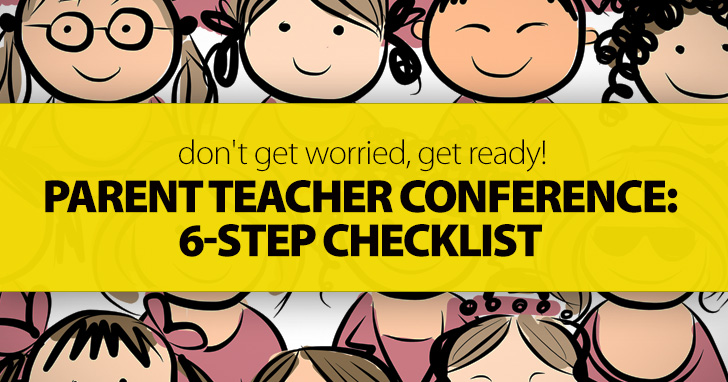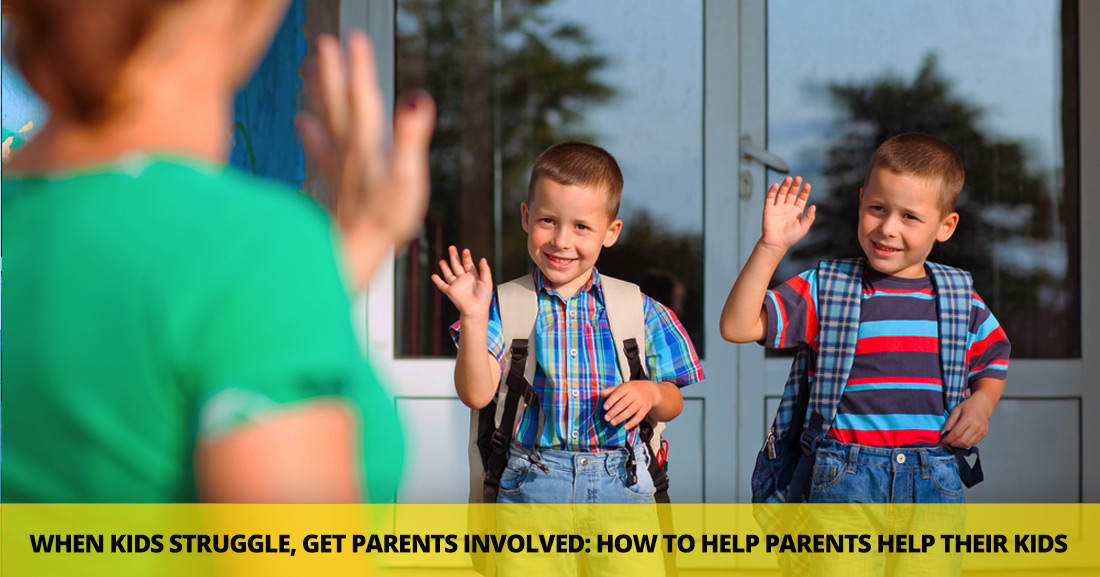Parent Teacher Conference: Don't Get Worried, Get Ready (6-Step Checklist)


We plan overall objectives for that year, choose our material and start planning our individual lessons. It seems so simple when we think about what teaching involves but the truth is things are not going to be that simple once we get started because we don't teach books or what they contain. What we do in fact teach is students. After all that's what learner centered classroom means. Teaching is not about completing goals and covering material or simply following a book. Our real objective is a lot more challenging because we have to make sure our students are learning. This is the hard part because not all students learn at the same pace. Some are faster, others slower. All of them find some aspect of learning English as a second language challenging and our mission is to help them overcome these challenges. We have to bear in mind that when kids learn a new language it is very probable that they will experience quite a number of difficulties. Our responsibility lies not only with the average and above average students but also with those who struggle. A good teacher has to handle classes for all the students in a classroom. Although individual attention can solve many problems which arise in class, we often can't provide the attention each student needs. Slow-learners should be given extra coaching and counseling, we all agree, but when and how is often the question. Class time sometime might not be enough to devote to those who need extra help. Here are some of the most the common challenges teachers observe in their students and how we can involve parents to help improve them.
Many kids and even adults suffer from lack of concentration. Concentrating on a specific task is not always simple. Kids have to learn to focus and it is doesn't always come naturally to them. Many even struggle with this and granted kids don't have a diagnosed condition, there are things parents can do to improve concentration. Distractions affect language learning in a very real way. They alter with concentration and affect basic language skills. A lot of things can cause distractions and parents can also help identify what those distractions are and eliminate or reduce them.
What to do: Games and specific toys like puzzles, blocks and even play dough can come in handy since they help increase concentration. Also explain to parents that when the child comes home from school, they can do homework with them. They can even turn it into a game, where if the child gets a certain amount of answers right they get a prize. The quality time with parents will make them concentrate better.
Pronunciation is always tough for students. Poor pronunciation leads to misinterpretation of crucial information. This is often hard for parents to handle at home since many parents don't have the level required to help their kids in this area.
What to do: Fortunately there are many tools that can help people with pronunciation. Many on line dictionaries allow us to listen to the word we want to learn. Also e-books for kids sometimes offer and audio follow along section and afterwards kids can try reading by themselves.
This constitutes the biggest challenge of learning language. Kids are sometimes uninterested in learning English and when this happens it is very hard to see progress.
What to do: First parents should explain in detail what kids will gain by learning English. In other words, everything they will be able to do. Parents should then look for ways to interest kids in the language. Perhaps buy an app where kids are required to use the language. When children are old enough they can use some of the social networks (with parent supervision) to practice with peers. If parents get kids interested, their motivation will increase for sure.
Having problems with either fluency and /or accuracy is something that affects all ESL students, young or old. However, with kids, problems in these areas can make them very self conscious. Helping them is fundamental and the good thing is that it is just a question of practice.
What to do: The number of hours that one invests in trying to learn a new language greatly affects the rate at which you will learn. It is key for one to practice as much as possible especially in reading and listening. Again , parents can buy ESL readers, or e-books for kids. They can read them together and kids can practice telling parents what they have read.
Often kids have trouble understanding what they hear. The way they read the words and pronounce them and the way they sound when a teacher says the same thing are very different to them. This affects other areas of learning, and it might even affect the child's motivation.
What to do: Parents can work with audio books. Kids can read and listen at the same time. Doing this can even improve their pronunciation.
The willingness and determination to deal with these difficulties lie on everyone involved in the teaching /learning process, and the process is long. Kids learn new words and meanings in their native language every single day. The process is exactly the same for any other languages kids